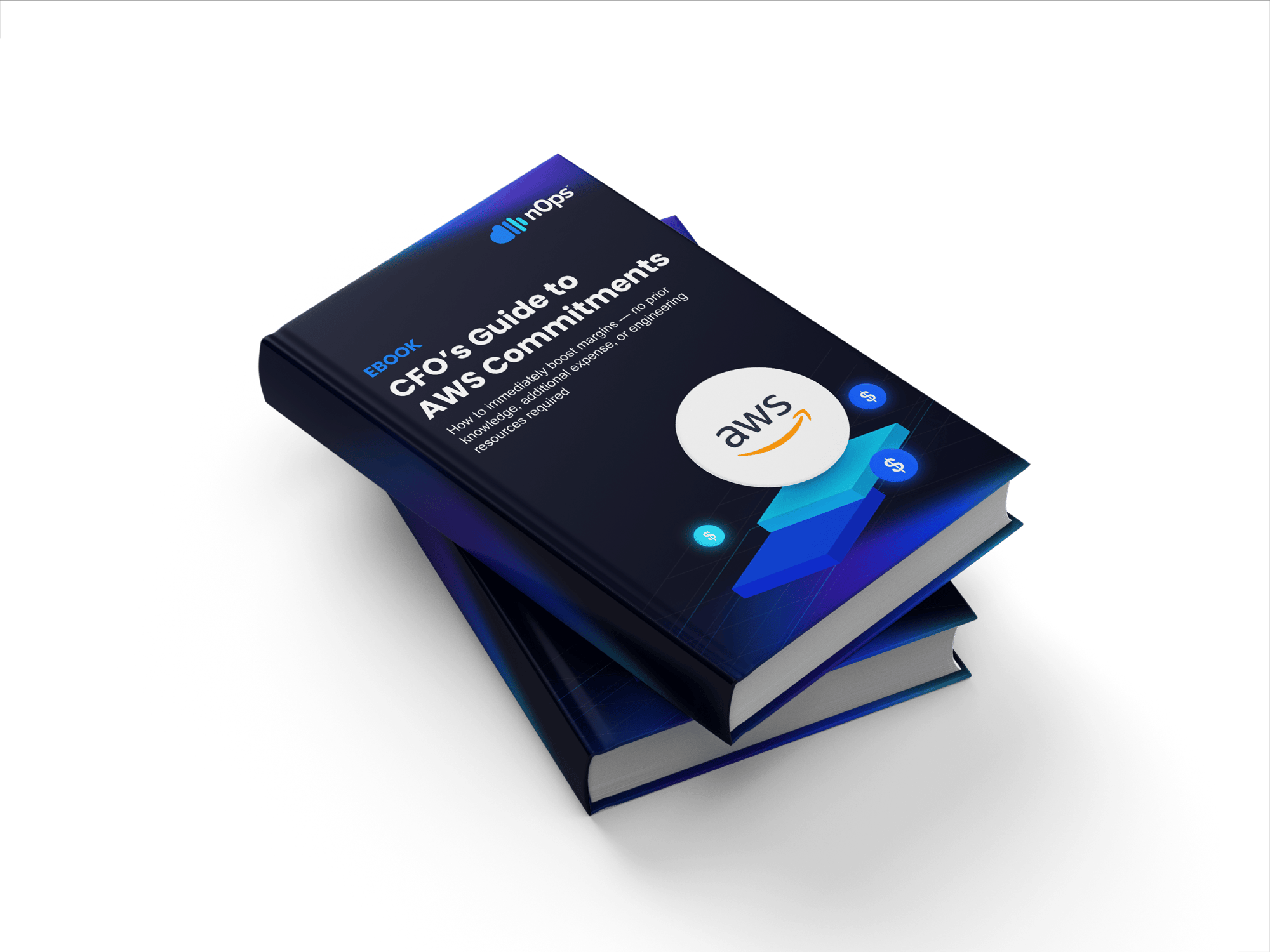- Blog
- AWS Pricing and Services
- Last month in AWS: Key Updates for Cost Optimization
Last month in AWS: Key Updates for Cost Optimization
Last Updated: July 16, 2024, AWS Pricing and Services
Amazon Web Services (AWS) frequently updates its 200+ products and services for improved user experience and performance.
With dozens of announcements each month, from minor tweaks to new service launches, it can be challenging to sift through and understand the most impactful changes.
That’s why we developed this new series highlighting the most notable recent AWS updates and what they mean for your cost optimization strategy. So what’s new? Take a look:
Amazon EKS’s extended support for Kubernetes versions now allows organizations to maintain their clusters on older versions for up to 26 months, for more flexibility and compatibility.
However, Amazon EKS clusters running on a Kubernetes version in the extended support window will be charged $0.60 per cluster per hour (or $0.10 for standard support) April 1, 2024 — so it’s advantageous just to upgrade if you can.
In a containerized environment, traditional cost allocation is not possible — resources may be running multiple containers, with each supporting a different application.
Pod-level cost granularity for EKS is now available in the AWS Cost and Usage Reports (CUR). This enables you to analyze, optimize, and chargeback cost and usage for your Kubernetes applications.
You can now create and configure exports of your billing and cost management data using a Cloud Formation template with Data Exports resources and APIs, usable with analytics and BI tools like Amazon Athena and Amazon Quick Sight.
Support of multi-container jobs via AWS Management Console makes it easier to create job definitions and submit multi-container in AWS Batch. This makes it easier and faster for you to run simulations when testing complex systems (e.g. autonomous vehicles, robotics…)
By enabling users to handle multiple containers within a single job, this feature helps minimize operational costs, enhancing the allocation and utilization of compute resources.
Compute Optimizer now supports 51 additional EC2 types including the latest generation general-purpose (M6id), compute optimized (C7i), memory optimized (R7i, X2idn, X2iedn), high-performance-computing (HPC) optimized (Hpc7a), and metal sized instances for C7gd, R7gd and M7gd.
More instance options allows for more granular cost optimization, enabling users to better match their instances to their application needs for optimal performance and resource utilization efficiency (reducing over-provisioning and associated costs).
Compute Optimizer now offers memory customization for EC2 rightsizing recommendations. This launch enables you to identify additional savings and performance improvement opportunities by adjusting how Compute Optimizer processes memory utilization data.
RIs are now available for Optimized Reads, a price-performance capability available on r6gd and r6id instances for applications with large datasets that exceed the memory capacity of a database instance.
The availability of Reserved Instances (RIs) for Optimized Reads on Amazon Aurora PostgreSQL offers substantial price-performance improvements for applications handling large datasets exceeding a database instance’s memory capacity. By deploying these RIs on r6gd and r6id instances, customers can manage extensive workloads more efficiently, ensuring cost-effective storage solutions. This feature also helps optimize database performance by minimizing data retrieval times, streamlining operational costs and enhancing productivity for data-heavy applications in particular.
Cloud Cost Optimization made easy
If you’re looking to save on your AWS costs, nOps makes it easy and painless for engineers to take action on cloud cost optimization.
The nOps all-in-one cloud platform features include:
- Business Contexts: Understand and allocate 100% of your AWS bill down to the container level
- Compute Copilot: intelligent provisioner that helps you save with Spot discounts to reduce On-Demand costs by up to 90%
- Commitment management: automatic life-cycle management of your EC2/RDS/EKS commitments with risk-free guarantee
- Storage migration: One-Click EBS volume migration
- Rightsizing: rightsize EC2 instances and Auto Scaling Groups
- Resource Scheduling: automatically schedule and pause idle resources
nOps was recently ranked #1 with five stars in G2’s cloud cost management category, and we optimize $1.5 billion in cloud spend for our customers.
Join our customers using nOps to understand your cloud costs and leverage automation with complete confidence by booking a demo today!






